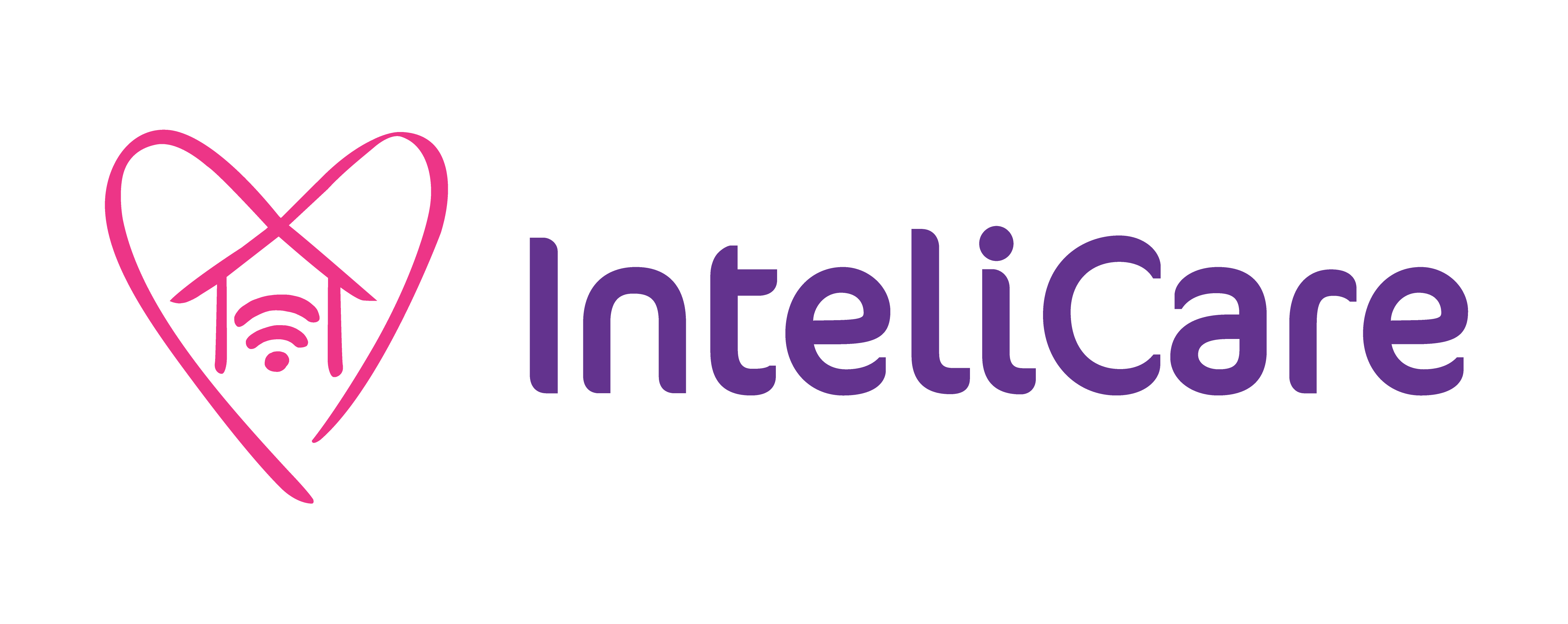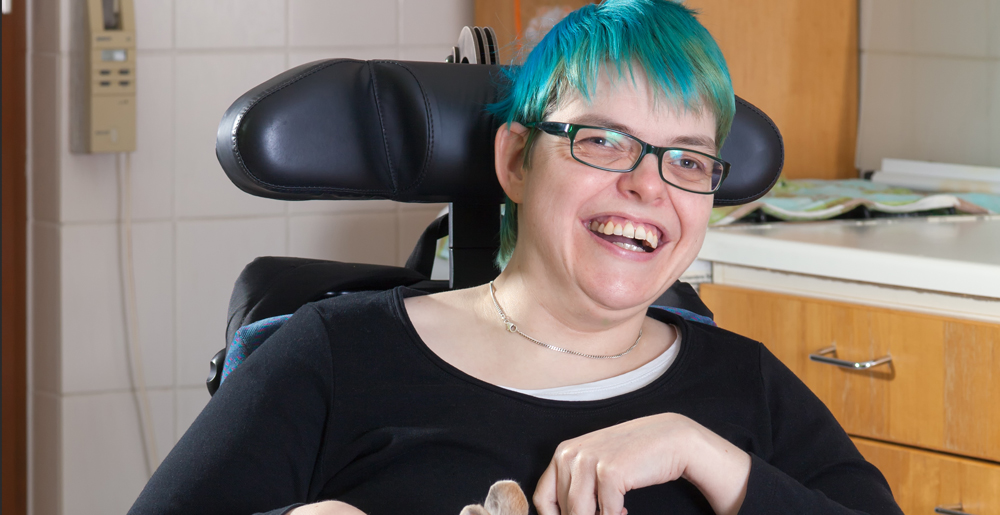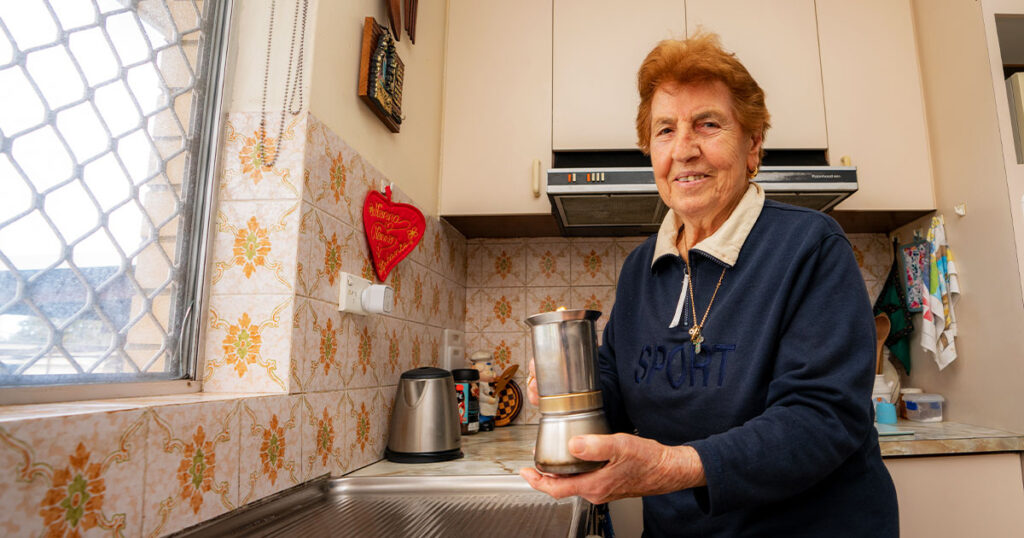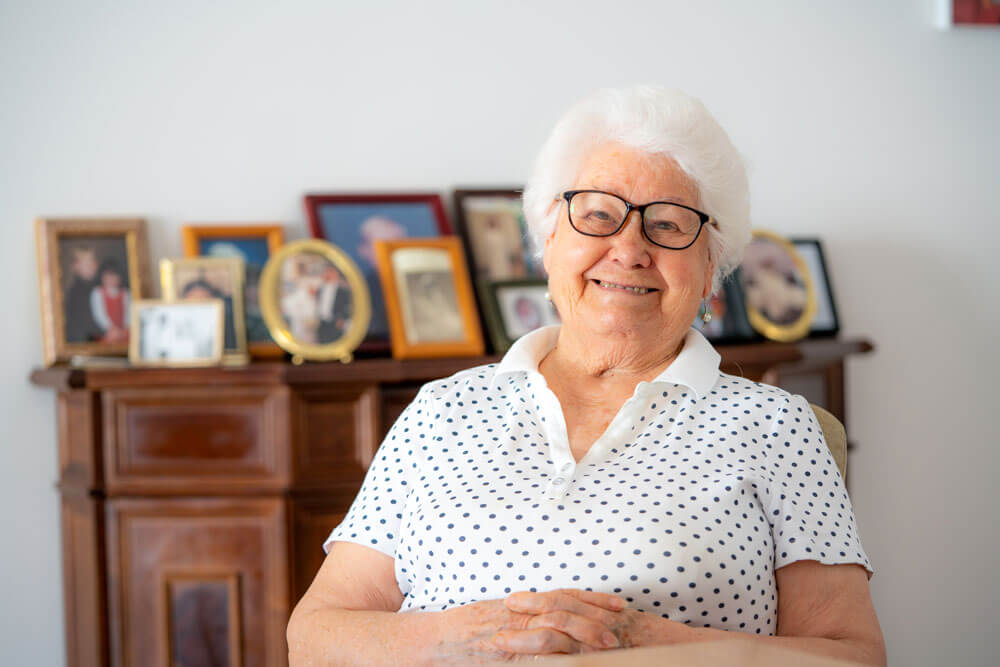This week, InteliCare announced a partnership with Technology for Ageing and Disability ACT (TADACT) to supply InteliLiving to Canberra.
“Now we have customers in NSW, Victoria, Queensland, and soon, the ACT.”
As InteliCare CEO Jason Waller explains, every family in Australia is connected with an elderly person’s want to age at home. By providing InteliCare’s home product InteliLivng to families, they can make practical decisions from the insights InteliCare providers.
“Often, we make decisions based on emations and fear, not facts and data, and often the data points to (the older person) being able to stay at home.”
 TADACT’s CEO Julie Lobel sees InteliLiving having great practicality for not only seniors and people with disability, but also for people with health concerns like diabetes, cardiac issues, physical disabilities, and early-onset dementia.
TADACT’s CEO Julie Lobel sees InteliLiving having great practicality for not only seniors and people with disability, but also for people with health concerns like diabetes, cardiac issues, physical disabilities, and early-onset dementia.
From her own experience of people with early-onset dementia and Alzheimer’s, she could easily see the use of InteliLiving for a broader audience.
“They might think, ‘Hmm, she hasn’t made a cup of tea. She hasn’t been moving in the bathroom. And the fridge hasn’t opened. What’s going on?’”
Julie, particularly saw the benefit of the InteliCare’s ability to identify risks without the need for cameras.
“It’s a little bit pre-emptive as well, without being invasive, which is quite unique to most systems”
“It just means it’s a quick glimpse on your phone, rather than having to call or drive over there,” she said.
“So I think the system is just a different way of approaching caring for people and allowing them to be in their homes for just a little bit longer – at their own pace and under their own terms.
“But it also allows that balance of a watchful eye.
“They’re conversations that we do have to have with our aging parents and grandparents.”






